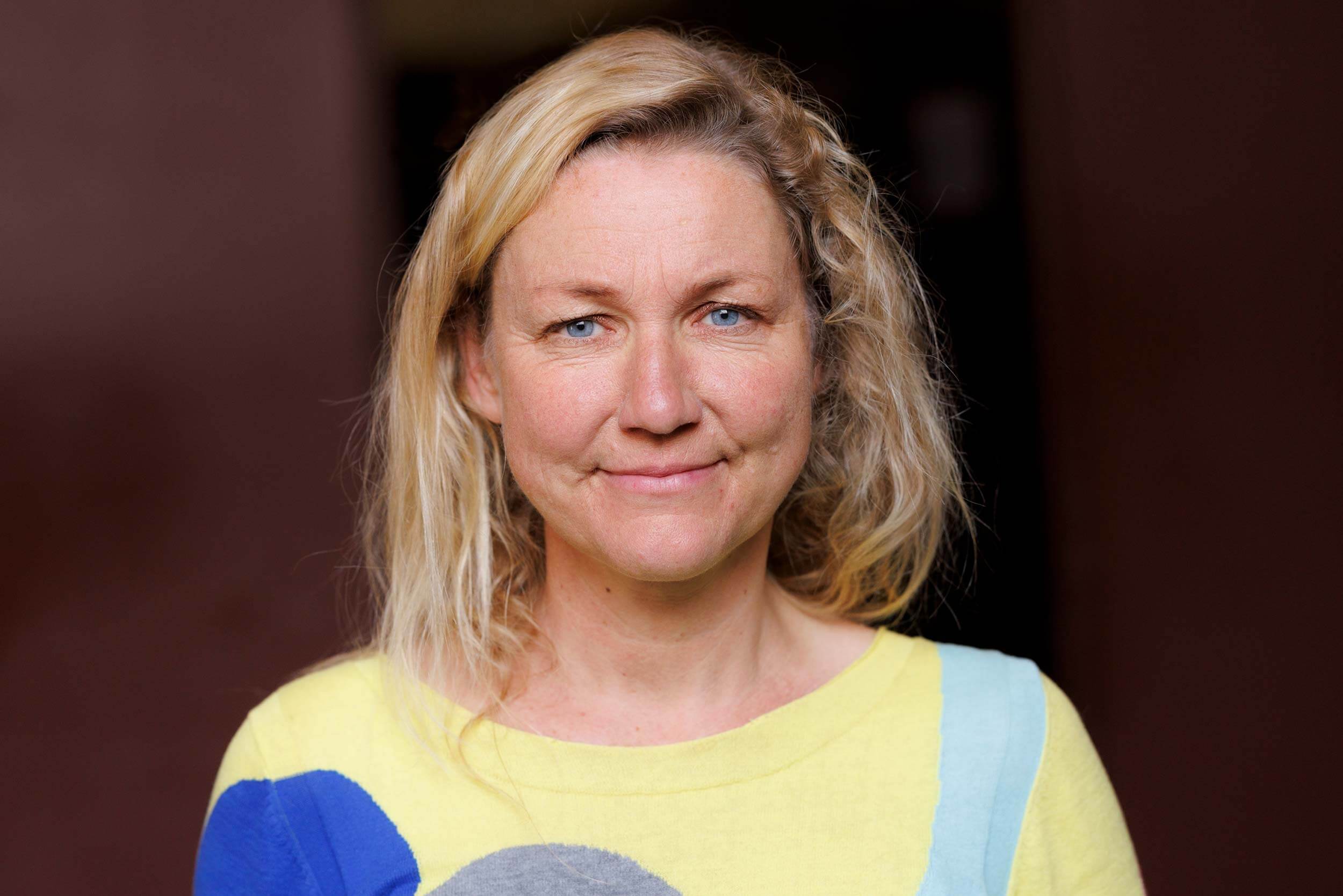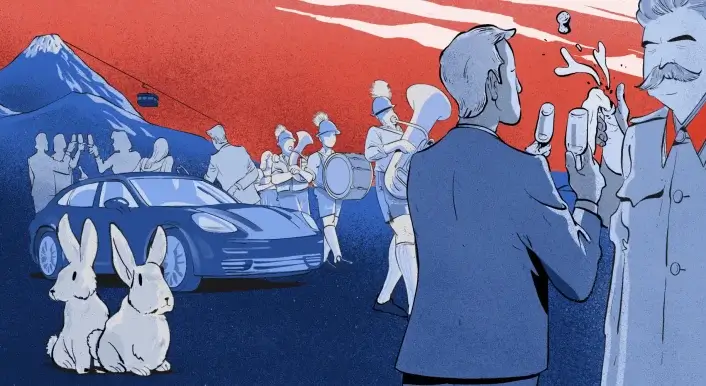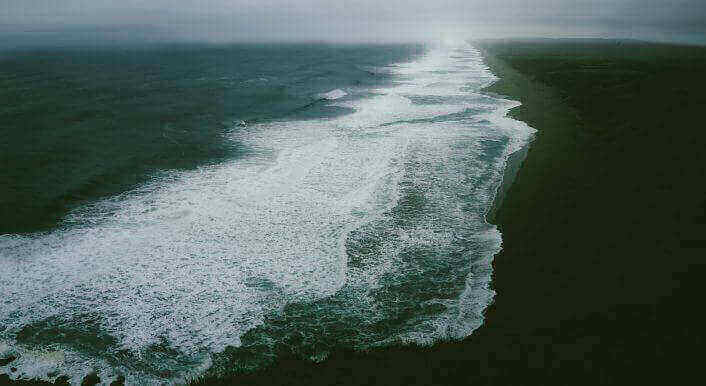
In the Glass Palace – Abuse of Power and Sexual Harassment in the EU Parliament
Just weeks before the EU elections, a contentious issue is forcing its way onto the agenda behind the scenes at the European Parliament. Sexual assault and bullying within Parliament itself. Several dozen women and men have reported cases of unwanted touching, emotional abuse and physical violence to CORRECTIV and the German newspaper Stern—mostly by MEPs.










